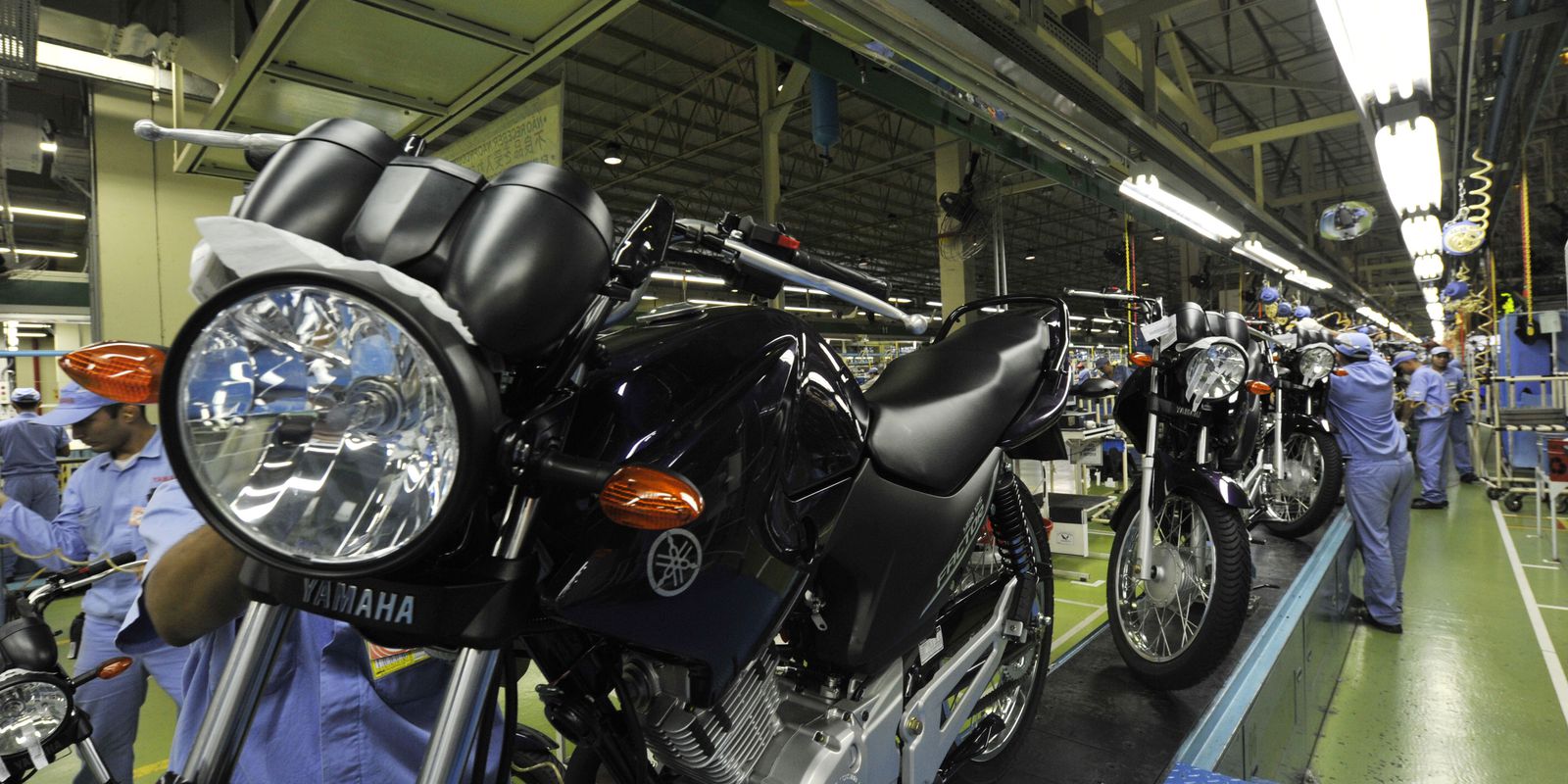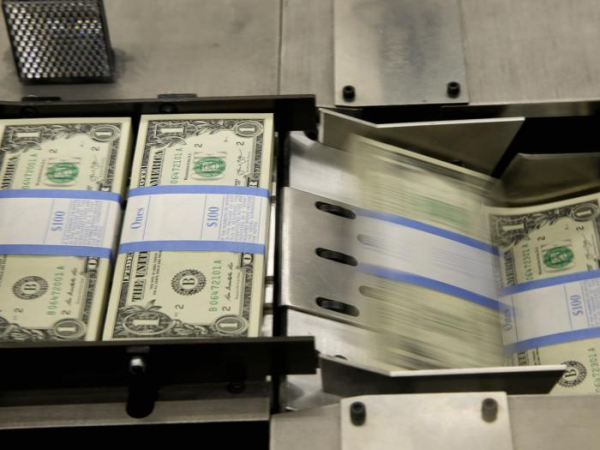In 2020, Brazil had 4.87 million active companies employing 39.4 million people, of which 32.4 million (82.3%) were salaried workers and 7 million (17.7%) were partners or owners. Despite the covid-19 pandemic, the balance between entry and exit of companies in the market remained positive in 2020. 826,400 companies entered the market and 634,400 left, with a final balance of 192,000 companies.
The data are from the 2020 Business Demography and Entrepreneurship Statistics survey, released today (26) by the Brazilian Institute of Geography and Statistics (IBGE).
According to the IBGE, the reduction in companies leaving the market in 2020 compared to 2019 can be attributed to factors such as public policies that contributed to the survival of companies, such as the Emergency Employment and Income Maintenance Program. , and the uncertainty of the duration of the pandemic.
The average monthly salary decreased by 3.8% between 2020 and 2019. In 2020, it was BRL 2568.48. In 2019, BRL 2668.62.
The average age of companies was 11.6 years in 2020, the same as in 2018 and practically the same as in 2019 (11.7 years).
The sector with the highest balance of companies in 2020 (39 thousand) was trade, repair of motor vehicles and motorcycles. What lost the most was accommodation and food, with 4,981 fewer companies.
According to the research manager, Thiego Ferreira, the accommodation and food sectors suffered a huge impact from the pandemic, with the closure of companies and dismissal of personnel. He highlighted that these sectors mostly employ women. The study observed that the proportion of salaried women in companies that left the market (44.1%) was higher than in those that entered (40.5%).
“These variations observed may be related to the health policies adopted during the pandemic, such as the ban on table services in bars and restaurants, the temporary closure of cultural equipment and the suspension of artistic and sports activities that involve agglomeration of people”, he says. the IBGE.















